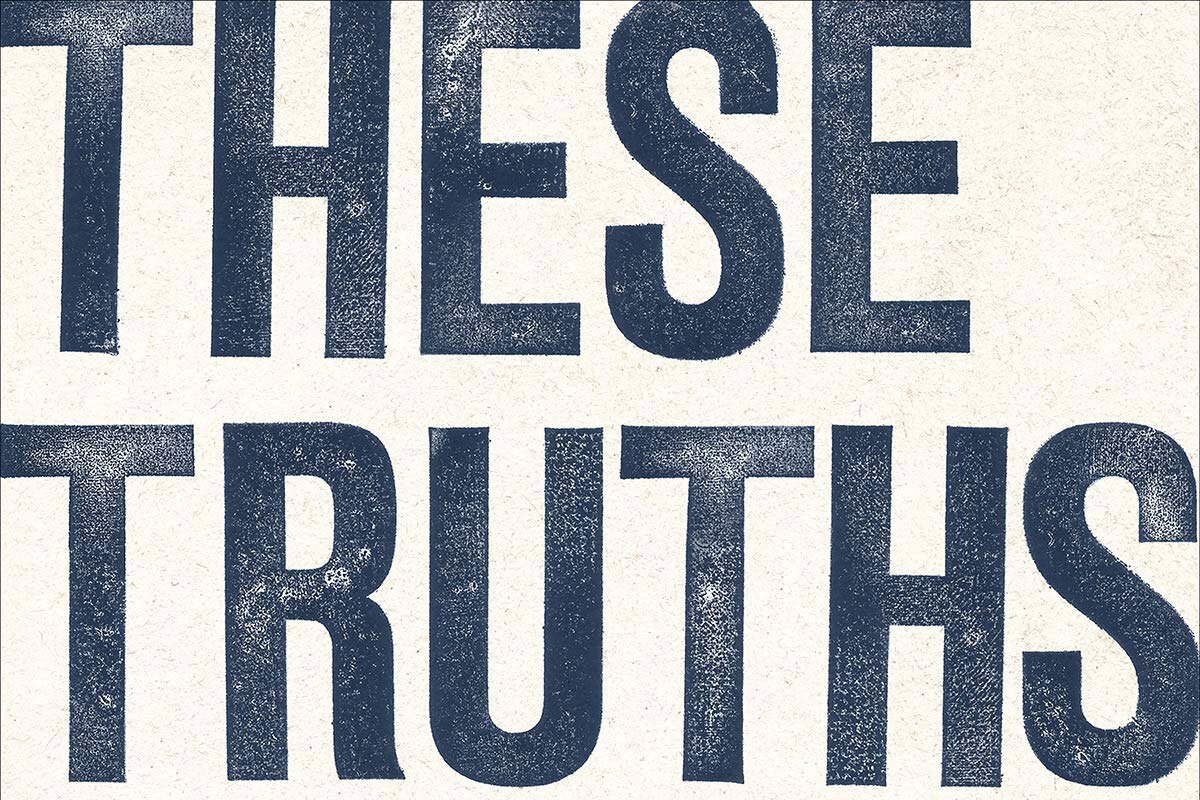

This America announces its intentions on the very first page. What is most impressive is that, in this white heat of research and writing, her work has been, well, conspicuously and reliably good.


She’s also cofounded a journal, coauthored a novel, and served on the staff of The New Yorker, for which she has written more than 100 pieces on topics ranging from Frankenstein to management theory. Her colleagues in Harvard’s history department have written an average of three scholarly books apiece she has written 11. The last 10 winners whose ages I could determine won the Bancroft, on average, in their late 50s Lepore won it at 33 and has been virtually unstoppable ever since. A Harvard professor, she won the Bancroft Prize, one of the most prestigious awards in the field, for her first book, The Name of War. There are still one-volume histories being written but not, by and large, by scholars who profess a lifelong expertise in the subject.Īt least this was the case until Jill Lepore set out to “rekindle a lost tradition” with her nearly 1,000-page tome These Truths: A History of the United States, published in 2018. It’s not just that no subsequent single-volume history has penetrated the national psyche the way Adams’s and Zinn’s did it’s also that, textbooks aside, few major US historians have attempted the feat. Indeed, after Zinn the once-crowded field grew bare. Seeing the country as divided between oppressors and oppressed, he made little room for common cause, for shared dreams, for even a common history. Yet Zinn’s book, perhaps the most successful single-volume history of the United States, also drove a stake through the heart of the enterprise. Stanford University’s Sam Wineburg, an expert on history education, says that it “has arguably had a greater influence on how Americans understand their past than any other single book.”

Though decades old, A People’s History still cracks Amazon’s list of the 50 best-selling history titles. Like The Catcher in the Rye, it’s a they’re-all-phonies book that, despite itself, now appears regularly on high school syllabi. Zinn sought to provide a defiant riposte to the traditional flag-and-freedom histories, but his book has entered the canon.


 0 kommentar(er)
0 kommentar(er)
